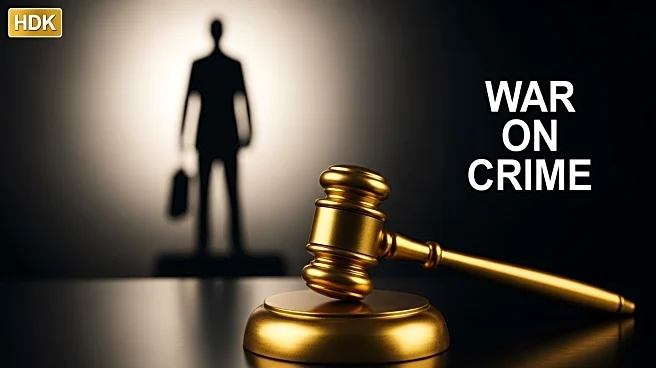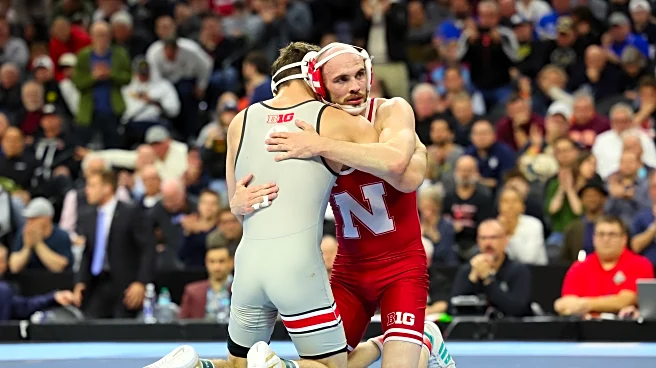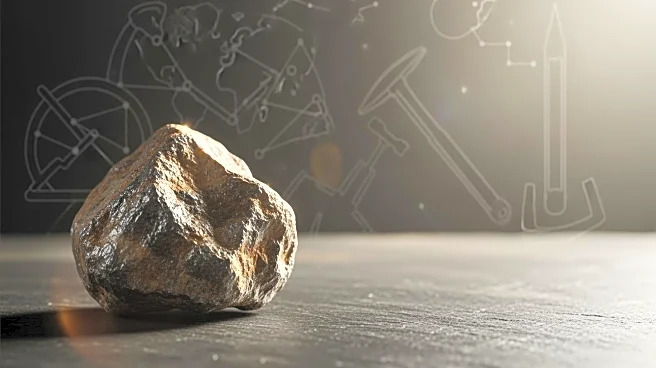What is the story about?
What's Happening?
Peru's Congress has ousted President Dina Boluarte, citing her inability to address rising crime and corruption allegations. José Jerí, the president of Congress, has been sworn in as the new leader. Boluarte's removal follows a shooting incident at a concert, which heightened public anger over crime. Jeré has vowed to tackle criminal gangs and declared a 'war on crime.' Boluarte, who took office in December 2022, faced multiple impeachment attempts before her removal. Her presidency was marked by scandals, including allegations of illicit enrichment.
Why It's Important?
The removal of President Boluarte underscores the political instability in Peru, which has seen frequent leadership changes. Her ousting reflects widespread dissatisfaction with her handling of crime, a major issue affecting the nation. The new interim president, José Jeré, faces the challenge of restoring public trust and addressing crime effectively. This political upheaval may influence Peru's international relations and economic prospects, as stability is crucial for investment and development. The situation highlights the need for effective governance and policy implementation in Peru.
What's Next?
José Jeré will serve as interim president until the elections in April, where a new leader will be chosen. His immediate focus will be on combating crime and ensuring a fair electoral process. Political parties are likely to strategize for the upcoming elections, potentially reshaping Peru's political landscape. Public response and international reactions will be key in determining the country's future direction. The Attorney General's Office is investigating Boluarte for alleged corruption, which could lead to legal proceedings.
Beyond the Headlines
Boluarte's removal highlights deeper issues within Peru's political system, including corruption and governance challenges. The frequent changes in leadership may affect the country's ability to implement long-term policies. The focus on crime and corruption reflects broader societal concerns, which could influence future political agendas. The situation raises questions about the effectiveness of Peru's democratic institutions and the role of Congress in shaping national policy.
















